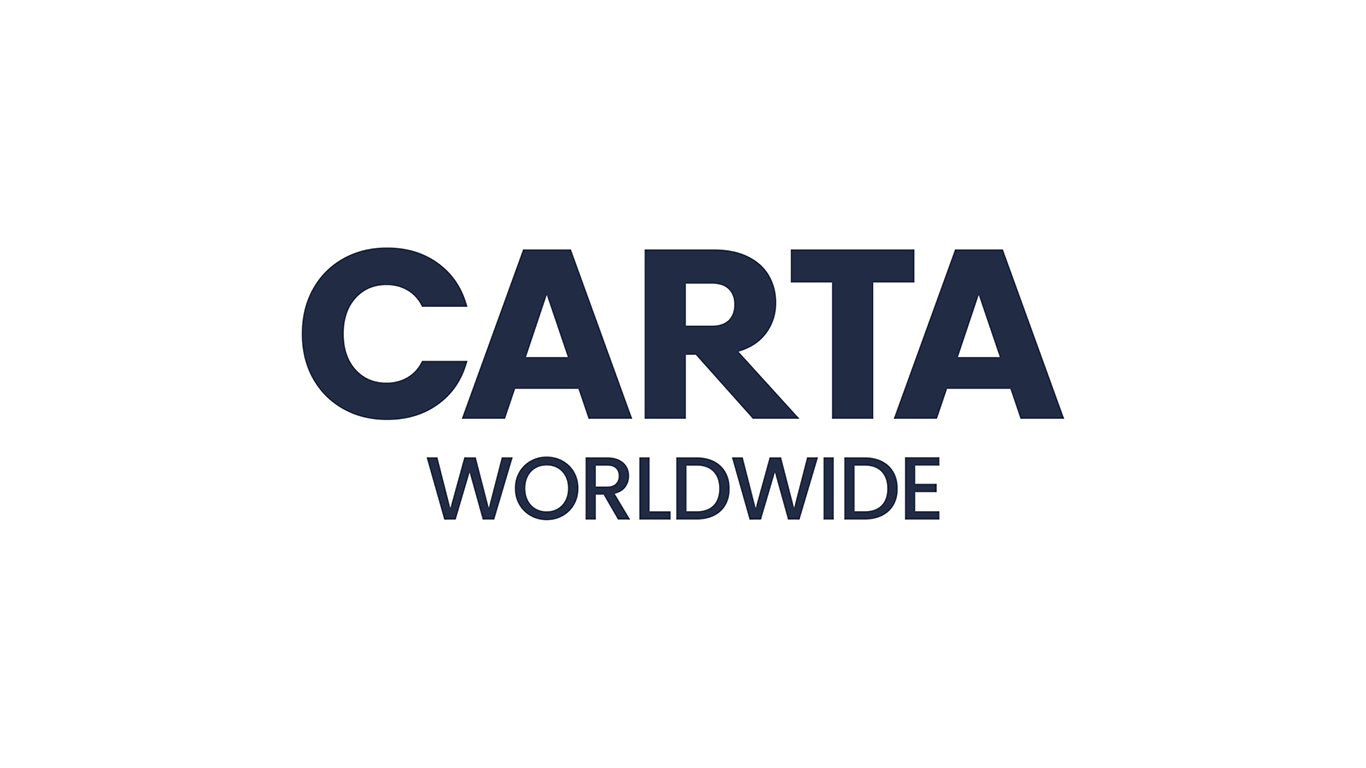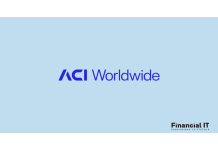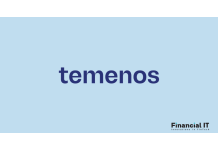Ripple Payments Sees First European Bank Adoption With...
- 12.12.2025 09:15 am
Global Payments Releases Its 2026 Commerce And Payment...
- 12.12.2025 09:05 am
Klarna Partners With Privy To Develop Simple, Secure...
- 12.12.2025 08:55 am
LLP Exotic Auto Finance Chooses ACI Worldwide To...
- 11.12.2025 02:15 pm
Mollie To Acquire GoCardless, Creating Europe’s Most...
- 11.12.2025 02:10 pm
EBANX Drives The Next Phase Of Credit Cards In LatAm...
- 11.12.2025 02:05 pm
HBX Group And Mastercard Launch New Virtual Payment...
- 11.12.2025 12:15 pm
Mastercard Collaborates With TerraPay To Unlock...
- 11.12.2025 10:25 am
Ant International And HSBC Test New Cross-Border...
- 11.12.2025 09:15 am
Zilch Lands FCA Payments Licence Marking Major...
- 11.12.2025 08:55 am
Finductive Goes Live With Temenos To Power Digital...
- 11.12.2025 08:05 am
Payfuture Expands Into South Africa, Enabling Global...
- 10.12.2025 09:45 am






















